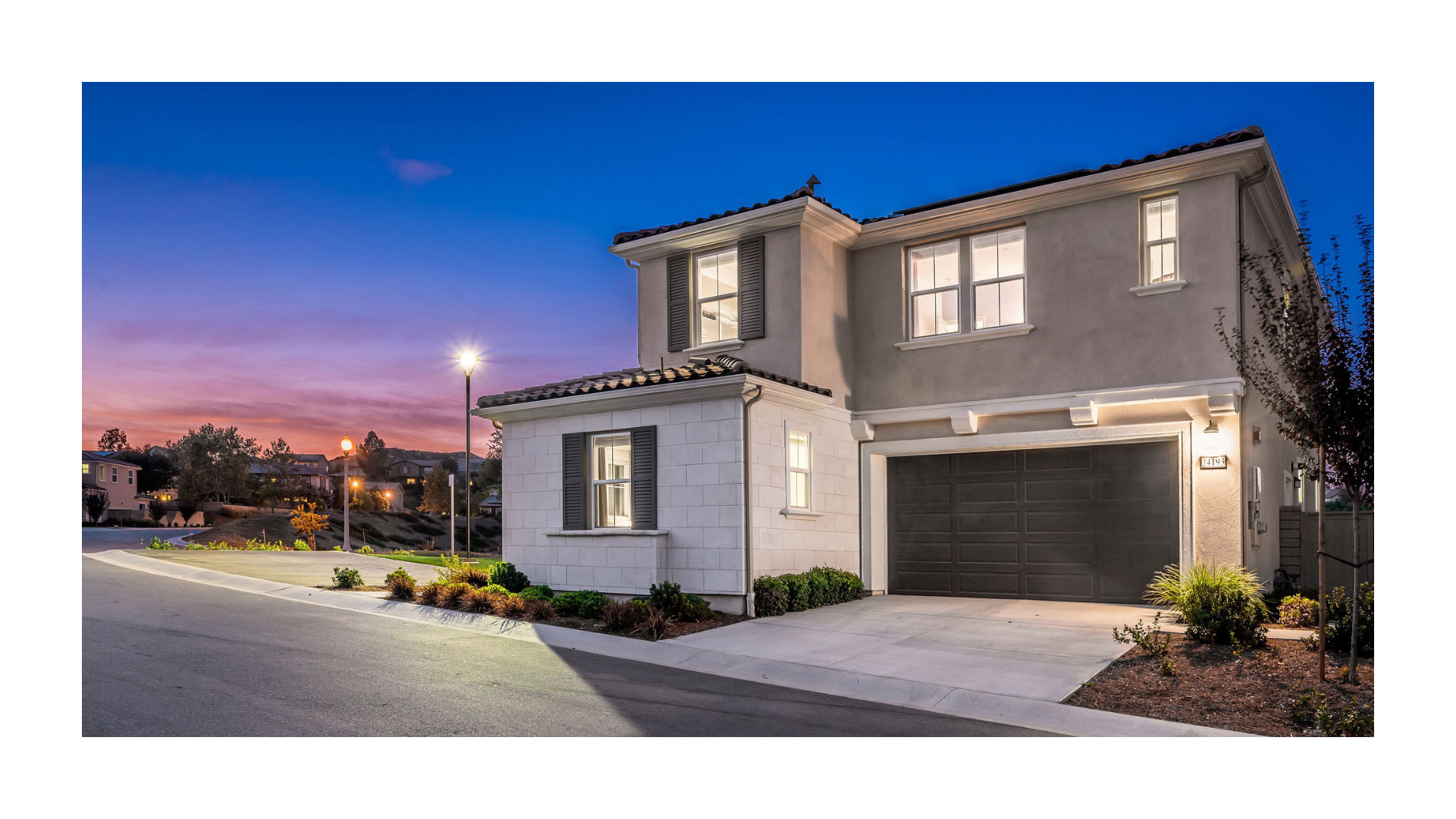People alive since the 1990s have seen two major “bubble bursts,” and three major economic downturns in their lives: the “dot-com bubble” burst and the associated economic downturn, the “housing bubble” burst and the ensuing Great Recession, and the economic downturn brought on by COVID. As a result, this demographic is uniquely predisposed to see disaster looming at every turn when things are going well; this article won’t delve into the plethora of psychological disorders that thrive under this pessimistic (or realistic, depending on how you look at it) worldview, it will simply discuss recent data that some worry is the harbinger of a “crash” in the housing market. We are fairly certain that, despite the data, it is premature to conclude that the housing market is no longer a viable investment opportunity; many of these panics are self-fulfilling prophecies because, if enough people believe the market is falling, people will respond in a way that causes the market to fall.
According to the National Association of Realtors (“NAR”) September 2020 was the end of a consecutive four-month period of increasing home sales, a statistic that defied the conventional understanding of the impact of a major economic downturn. In September 2020, pending home sales decreased by 2.2%. The “pending home sales” statistic encompasses situations where a contract was signed, but the deal hadn’t closed. This was the metric we utilized in 2001. To put things in perspective, the September 2020 numbers were 20.5% higher than September 2001.
It should also be noted that the Northwestern region saw the “pending home sales” metric increase by 2% in September 2020, while the Midwest region saw the “pending home sales”
metric decrease by 3.2%. Notably, the “pending home sales” metric is higher than it was in
September 2019 in all regions. To be clear then, we are seeing a slowdown in a rapidly growing
market, which is to be expected in any hot market; growth cannot occur forever without serious
consequences. This is far different than an indication of some type of market crash.
This slowdown could be explained by the seasonal preferences of buyers, angst about the uncertainty of the upcoming election, or the possibility that the white-hot housing market has
finally reached the point that it has priced out too many potential buyers and needs to adjust.
Whatever the reason, the housing market is stalling not crashing; it is important to note that 2020 has been a better year for the housing market than 2019, despite everything going on. There is no reason to believe that 2021 won’t be better yet, as the economy recovers from the COVID- related downturn.
At the Chernov Team we understand that knowledge is power, and knowledge of how the
housing market is behaving, in the context of the bigger picture, is powerful knowledge indeed.
At the Chernov Team we know that whoever comes to the table most prepared leaves with the
most, and the Chernov Team always leaves the table with the most.
